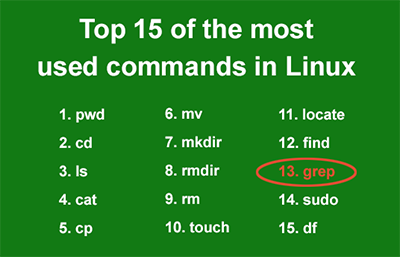

Recurse in directories skip file matching PATTERN.Īs you’ve seen, the grep -r command makes it easy to recursively search directories for all files that match the search pattern you specify, and the syntax is much shorter than the equivalent find/grep command.įor more information on the find command, see my Linux find command examples, and for more information on the grep command, see my Linux grep command examples. Recurse in directories only searching file matching PATTERN. Read all files under each directory, recursively this is Here’s the section of the Linux grep man page that discusses the -r flag: As shown, you can use other normal grep flags as well, including -i to ignore case, -v to reverse the meaning of the search, etc.If you forget to add any directories, grep will attempt to read from standard input (as usual). I know that I can recursively search a directory using the -r flag: Code: // will recursively search all files grep -r so recursively searching PHP or HTML files Help answer threads with 0 replies. Don’t forget to list one or more directories at the end of your grep command.This flag tells grep to print the matching filenames. This particular use of the grep command doesn’t make much sense unless you use it with the -l (lowercase "L") argument as well.Note that in this case, quotes are required around my search pattern.

Linux search for text in files recursively how to#
Since I tend to mark comments in my code with my initials ("aja") or my name ("alvin"), this recursive egrep command shows how to search for those two patterns, again in a case-insensitive manner: You can also perform recursive searches with the egrep command, which lets you search for multiple patterns at one time. In this example, the search is made case-insensitive by adding the -i argument to the grep command. This next example shows how to recursively search two unrelated directories for the case-insensitive string "alvin": Your recursive grep searches don’t have to be limited to just the current directory. If you haven’t used commands like these before, to demonstrate the results of this search, in a PHP project directory I’m working in right now, this command returns a list of files like this:

Note: In the example above, the permission is defined using the octal/numerical mode ( 755).


 0 kommentar(er)
0 kommentar(er)
